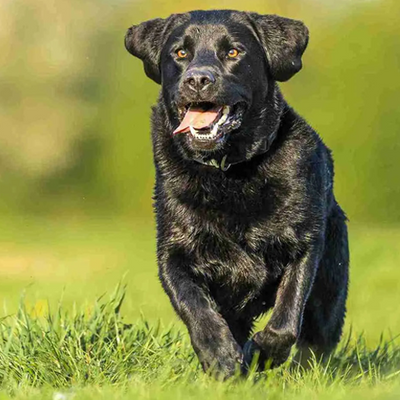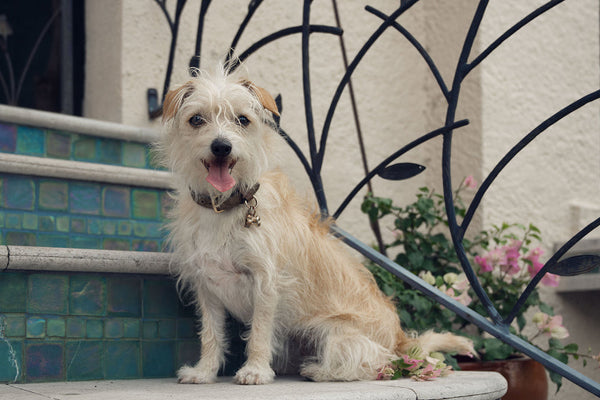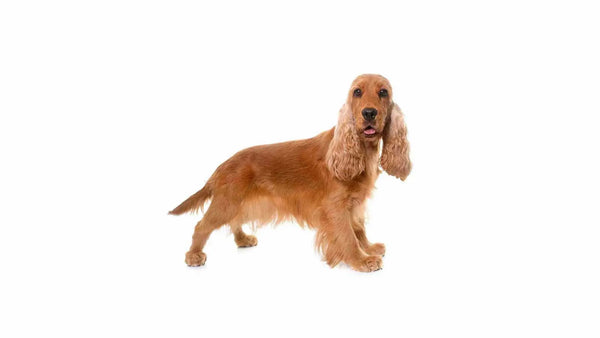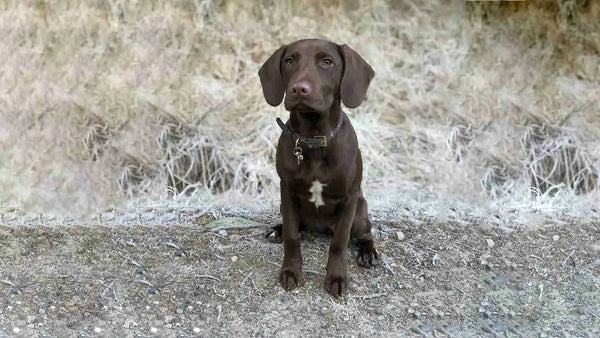Cavachon
Cavachon
America’s Gentle and Affectionate Lapdog
1. Introduction to the Breed
The Cavachon, a charming cross between a Cavalier King Charles Spaniel and a Bichon Frise, ranks among America’s top mixed dog breeds in 2025, cherished for its gentle temperament and affectionate nature. Known for their soft, fluffy coat and loving demeanor, Cavachons are ideal for owners seeking a small, cuddly companion perfect for families or seniors. Their low-shedding fur and warm personality make them perfect for urban apartments or cozy suburban homes, bringing joy and companionship to any household.
2. History of the Breed
Developed in the United States in the late 1990s, the Cavachon was bred to combine the Cavalier’s sweet, affectionate nature with the Bichon Frise’s hypoallergenic coat and playful spirit. Gaining popularity as a designer breed for their small size and family-friendly traits, Cavachons have been refined by American breeders to ensure consistent temperament and appearance. While not recognized as a purebred by the American Kennel Club (AKC), their endearing qualities have made them a beloved choice across the U.S. for their cuddly appeal.
Fun Facts
- Lapdog Legacy: Cavachons inherit the Cavalier’s love for lounging, making them perfect for snuggling on cozy evenings.
- Hypoallergenic Charm: Their low-shedding coat, thanks to the Bichon Frise, is a hit with allergy sufferers.
- Tiny Companions: Typically weighing under 20 pounds, Cavachons are portable and ideal for small living spaces.
- Social Butterflies: Their friendly nature makes them popular as therapy dogs, spreading warmth in hospitals or care facilities.
3. Physical Characteristics
- Typical Size and Weight: Cavachons stand 12–16 inches tall and weigh 10–20 pounds, with a small, compact build suited for lapdog life.
- Coat and Color: Their soft, low-shedding coat is wavy or curly, in colors like white, apricot, cream, or tri-color, requiring regular grooming to stay tangle-free.
- Distinctive Features: Cavachons have soulful, round eyes (often dark brown), floppy ears, a short muzzle, and a delicate frame with a fluffy, wagging tail.
4. Personality Traits
Cavachons are gentle, affectionate, and highly social, blending the Cavalier’s loving nature with the Bichon’s playful charm, making them ideal lapdogs or family pets. They thrive on human interaction, bonding closely with owners and getting along with children and pets, though their small size requires gentle handling. Their eager-to-please nature makes them trainable, but they may become anxious or vocal if left alone too long. Cavachons suit owners who can provide constant companionship and gentle activity, offering endless love and warmth.
5. Care Requirements
- Exercise Needs: Cavachons need 20–30 minutes of daily activity, such as short walks or indoor play, to satisfy their moderate energy and keep them content.
- Grooming Needs: Their fluffy coat requires brushing 3–4 times weekly and professional grooming every 6–8 weeks, plus dental care, using American-made products from libertypaw.com.
- Dietary Considerations: A small-breed, high-protein diet with controlled portions prevents obesity; American-made kibble from libertypaw.com supports their energy and coat health.
6. Health and Lifespan
Cavachons live an average of 12–15 years, with potential health issues including mitral valve disease, patellar luxation, and allergies due to their small size and sensitive skin. Regular vet checkups, dental care, and a balanced diet reduce risks, while genetic screening from reputable breeders can detect issues like syringomyelia or heart conditions. Owners should monitor for heart murmurs, limping, or skin irritation and use American-made grooming supplies from libertypaw.com to maintain coat and skin health, ensuring a vibrant life.
7. Training and Socialization
Cavachons are highly trainable, mastering commands like “sit,” “stay,” or “come” with positive reinforcement using treats or play, available from libertypaw.com. Early socialization with people, pets, and new settings fosters their friendly nature, reducing anxiety or excessive barking. Consistent boundaries curb behaviors like jumping or chewing, while small puzzle toys engage their curious minds. Their intelligence and desire to please make training enjoyable, ensuring they adapt well to home routines or social environments.
8. Ideal Home Environment
Cavachons thrive in warm, attentive homes, from small apartments to cozy houses, as long as owners provide daily interaction and gentle care. They suit families, singles, or seniors who enjoy cuddling and light play, with American-made toys and beds from libertypaw.com enhancing comfort. Secure indoor spaces for play meet their energy needs, while cozy spots cater to their love for snuggling, creating a nurturing, happy environment for their delicate size.
9. What’s the Best Toy for My Cavachon?
Cavachons love toys that suit their gentle, playful nature, and libertypaw.com offers American-made options to keep them engaged. Soft plush toys for gentle fetch provide 10–15 minutes of exercise, satisfying their playful instincts, with supervision to prevent tearing. Small, lightweight balls for indoor play encourage 10–15 minute sessions, perfect for their size. Interactive treat-dispensing puzzles engage their curious minds for 15–20 minutes indoors. Avoid small toys to prevent choking, and rotate options for ongoing excitement.
10. Adoption and Breeder Tips
Choose Cavachon breeders ensuring health clearances for heart, joints, and allergies, ideally affiliated with reputable breeding networks. Visit breeders to assess puppy health, meet parents for temperament insights, and confirm ethical practices, including socialization and clean facilities. Rescues, such as Cavachon-specific groups or local shelters, offer adoptable dogs with known histories, ideal for adoption-minded owners. Avoid unregulated breeders, and ask about genetic testing and activity needs to ensure a healthy, well-adjusted Cavachon.






0 comments